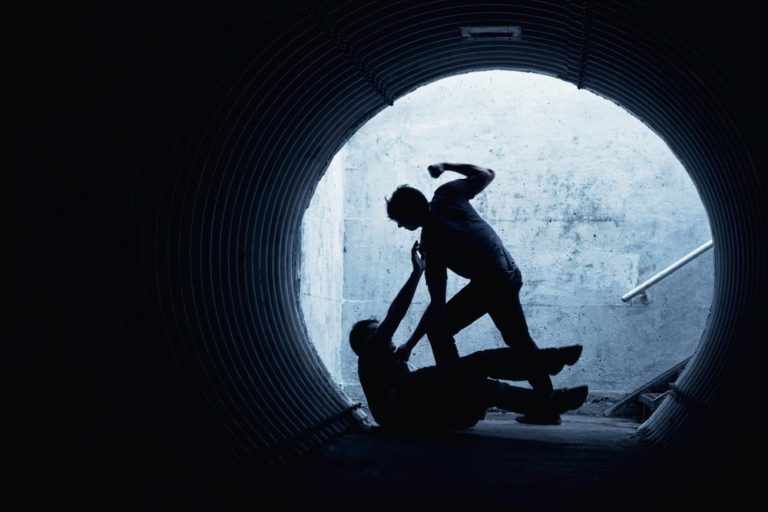DUI/DWI
Krompier Law provides legal defense services for individuals facing charges related to Driving While Intoxicated (DWI) in New Jersey. DWI is a serious offense under New Jersey law, with potential fines, imprisonment, and severe penalties. Protect yourself and your loved ones from charges that can affect your career and quality of life by hiring Krompier Law’s services. Our best criminal lawyer near me will safeguard, protect, and fight for your rights because we care.
Is DWI in New Jersey a Criminal Offense?
In accordance with New Jersey law, DWI is categorized as a motor vehicle offense, distinct from a criminal offense. Nevertheless, the repercussions of a DWI conviction can be substantial. The maximum jail term for a first-time DWI conviction is 30 days, with escalating penalties for subsequent convictions. Additional consequences, such as lengthy driver’s license suspensions for repeat offenses, may endure for years, and the conviction remains on your record.
Differentiating DWI and DUI
DWI stands for “driving while intoxicated,” and DUI stands for “driving under the influence.” Both offenses entail operating a motor vehicle while impaired by alcohol or drugs.
DWI and DUI are legally interchangeable in New Jersey, with no distinguishing features. The procedures for prosecuting and penalizing individuals operating under the influence of drugs or alcohol are defined in NJSA 39:4-50.
Municipal Offenses:
Municipal offenses refer to legal violations at the local or municipal level, typically within a city or town. These disorderly person offenses in New Jersey are often less severe than state or federal crimes and are governed by local ordinances or regulations. Municipal offenses can cover many activities, such as traffic violations, public nuisances, noise violations, zoning violations, and other non-criminal infractions.
In the context of DUI/DWI, some aspects of these cases may be handled at the municipal level, such as traffic court proceedings, while others, like the criminal aspects of a DUI/DWI charge, may be addressed in a higher-level court. The specific procedures and penalties for municipal offenses vary between municipalities and states, and hence, all such matters need the legal assistance of a Municipal Lawyer in New Jersey.
Understanding DUI
While some states use the term “driving under the influence” (DUI) to refer to drunk driving, in New Jersey, DUI includes driving under the influence of substances other than alcohol that impair one’s ability to drive. These substances include cannabis, illegal drugs, and other prescription medications that affect your alertness and reaction time, like sleeping pills or muscle relaxants.
It is important to note that being charged with a DUI in New Jersey is independent of the legal status of the substance’s possession. Similarly, from a traffic court judge’s standpoint, driving after taking doctor-prescribed Percocet for an injury is treated as seriously as driving under the influence of illicitly obtained Percocet.
Penalties for DUI resemble those for alcohol-related DWI, including driver’s license suspension, IDRC classes, imprisonment, and a slew of fines. The key distinction lies in the potential exposure to drug-related criminal charges. In many instances, individuals cited for DUI in traffic court also face criminal charges for drug possession. Securing legal representation for criminal and DUI traffic court cases is advisable in such cases.
Defining DWI in New Jersey
New Jersey law defines DWI as operating a vehicle with a blood alcohol content (BAC) of at least 0.08%. Notably, New Jersey is one of the few states decriminalizing drunk driving. Hence, a DWI conviction does not result in a criminal record.
New Jersey treats DWI as a traffic offense, similar to infractions such as distracted driving or speeding. It’s worth noting that if caught driving with a blood alcohol concentration (BAC) of 0.08% or higher, you may face harsher penalties and fines due to surpassing the legal limit. However, it does not end here because a DUI charge can be levied even if your BAC falls below the legal limit, as long as the police officer deems you impaired and unfit to drive safely.
As DWI cases are viewed as traffic infractions from a legal perspective, individuals accused of DWI attend traffic court within the municipal court system rather than criminal court. The process of challenging a DWI closely parallels that of contesting any other traffic citation. You appear before a judge and enter a plea (guilty, not guilty, or no contest).
Why Get Legal Representation for a DWI
Pleading not guilty allows you to present defenses and evidence to contest the allegation of drunk driving. This is why legal representation is strongly advisable, particularly in DWI cases where the potential consequences include license suspension and substantial fees.
Traffic court judges possess the authority to impose jail sentences in DWI cases. The US Supreme Court has sanctioned state courts to set jail terms of up to 180 days without a jury trial, validating traffic court judges’ ability to sentence individuals to jail for DWI.
Judges can order additional classes at the Intoxicated Driver Resource Center (IDRC) instead of jail for first and second-offense cases. However, in third-offense DWI cases, a jail term is mandatory. In such instances, judges may choose between a 180-day jail sentence or 90 days in jail coupled with 90 days in an inpatient treatment program for alcohol use disorder.
What We Can Do
Krompier Law provides full legal defense services, including DWI defense and traffic ticket lawyers near me, to clients in New Jersey facing a variety of crimes. Our skilled attorneys are committed to protecting your rights and interests in a wide range of criminal cases, including assault, murder, sex crimes, domestic violence, drug offenses, weapons charges, and more. We also handle traffic infractions that are quasi-criminal.
Securing professional legal representation is paramount in cases involving DUI (Driving Under the Influence). DUI cases constitute a significant portion of our practice and carry substantial consequences. These potential repercussions include the risk of imprisonment, driver’s license suspension, the mandatory installation of an ignition interlock device, compulsory attendance at intoxicated driver’s resource center programs, substantial court fines, and additional surcharges imposed by the MVC (Motor Vehicle Commission).

Our objective in DUI cases, as in all criminal matters, is to help our clients avoid the severe consequences of these charges and protect their driving privileges, enabling them to continue their normal lives. If you are facing a DUI charge or any other criminal allegations, please do not hesitate to contact us for professional legal assistance. Your rights and interests are our top priority.
When you hire Krompier Law against your DWI charges, you select the best legal representation that will definitely exceed your expectations. So, get yourself the best advocate for your individuality, dignity, and future by contacting us today.
